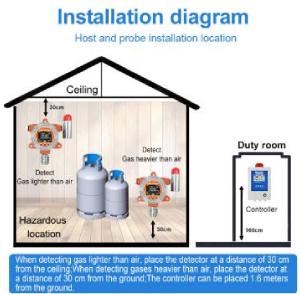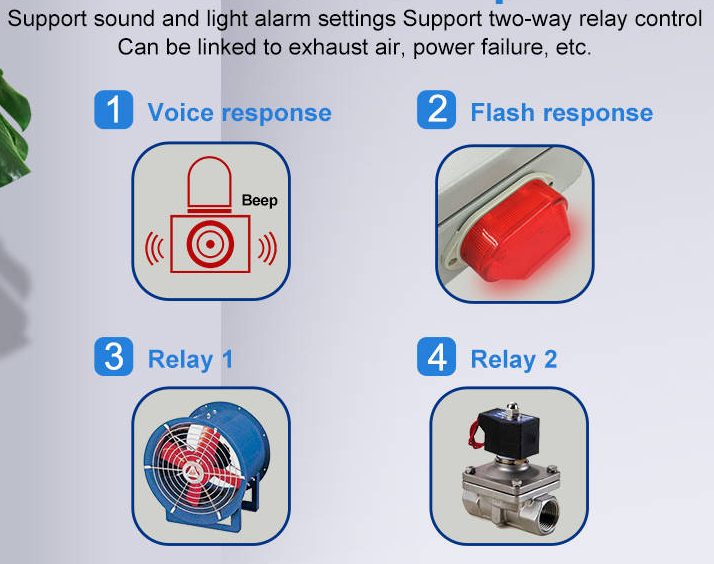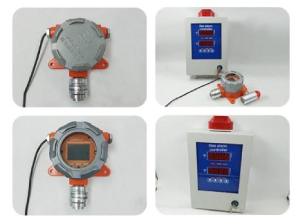Gas detector alarms are essential components of environmental safety systems, serving as critical tools for the detection and notification. This article delves into the significance of gas detector alarms, their applications, and the role they play in safeguarding human health and the environment.
Understanding Gas Detector Alarm
Gas detector alarms are monitor the presence of potentially harmful gases in various environments, including industrial facilities, commercial buildings, residential spaces. These alarms are equipped with sensors capable of detecting a wide range of gases, such as carbon monoxide, methane, hydrogen sulfide.

Applications of Gas Detector Alarm
Industrial Safety: We use gas detector alarm in industrial settings to monitor the presence of toxic and combustible gases, providing early warning of potential hazards to workers and enabling prompt evacuation.
Indoor Air Quality: Gas detector alarm play a crucial role in assessing indoor air quality, particularly in residential and commercial buildings where gas leaks from heating systems, cooking appliances, or industrial processes can pose health risks to occupants.

Environmental Monitoring: Gas detector alarm are instrumental in environmental monitoring efforts, helping to detect and assess the impact of gas emissions on air quality, ecosystems, and public health in outdoor environments and urban areas.
Emergency Response: In emergency situations such as fires, gas leaks, or chemical spills, gas detector alarm provide vital alerts to emergency responders and the public, facilitating swift and effective response measures to mitigate potential risks.
Impact of Gas Detector Alarm
Gas detector alarm have a profound impact on environmental safety, contributing to the protection of human health and the environment in several key ways:
Hazard Identification and Mitigation:

Gas detector alarms detect harmful gas levels early, enabling timely implementation of measures. Thereby reducing risk.
Occupational Health and Safety:
In industrial environments, gas detector alarm are essential to protect the health of workers. Helps prevent accidents caused by exposure to toxic gases.
Public Health Protection:
Through gas leak and environmental alerts, gas detector alerts help protect public health and support minimizing air pollution.
Regulatory Compliance:
Gas detector alarms play a critical role in ensuring compliance with environmental and safety regulations, helping organizations and authorities uphold standards for gas monitoring.
Future Developments in Gas Detector
The future of gas detector alarms is poised for significant advancements, driven by technological innovation for enhanced safety measures. Anticipated developments in gas detector alarms include:
Integration with IoT and Cloud-Based Systems:
The user’s gas detector alarm will be used together with the IoT platform to manage data monitoring in real time.

Multi-Gas Detection Capabilities:
Advancements in sensor technology will lead to the development of gas detector alarm capable of detecting multiple gases simultaneously, providing comprehensive monitoring for a broader range of environmental hazards.
Data Analytics and Predictive Maintenance:
Gas detector alarm will leverage data analytics and predictive maintenance algorithms to optimize performance, identify potential equipment issues, and forecast maintenance needs for enhanced reliability and accuracy.
Enhanced User Interface and Accessibility:
Future gas detector alarm will feature user-friendly interfaces, mobile connectivity, and accessibility features, making it easier for users to access real-time gas detection data and receive alerts on their preferred devices.
conclusion
In short, gas detector alarms are an importance tool for environmental safety, helping users to detect in different environments. Gas detector alarms will play a key role in protecting human health and the environment.
